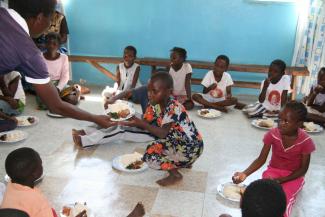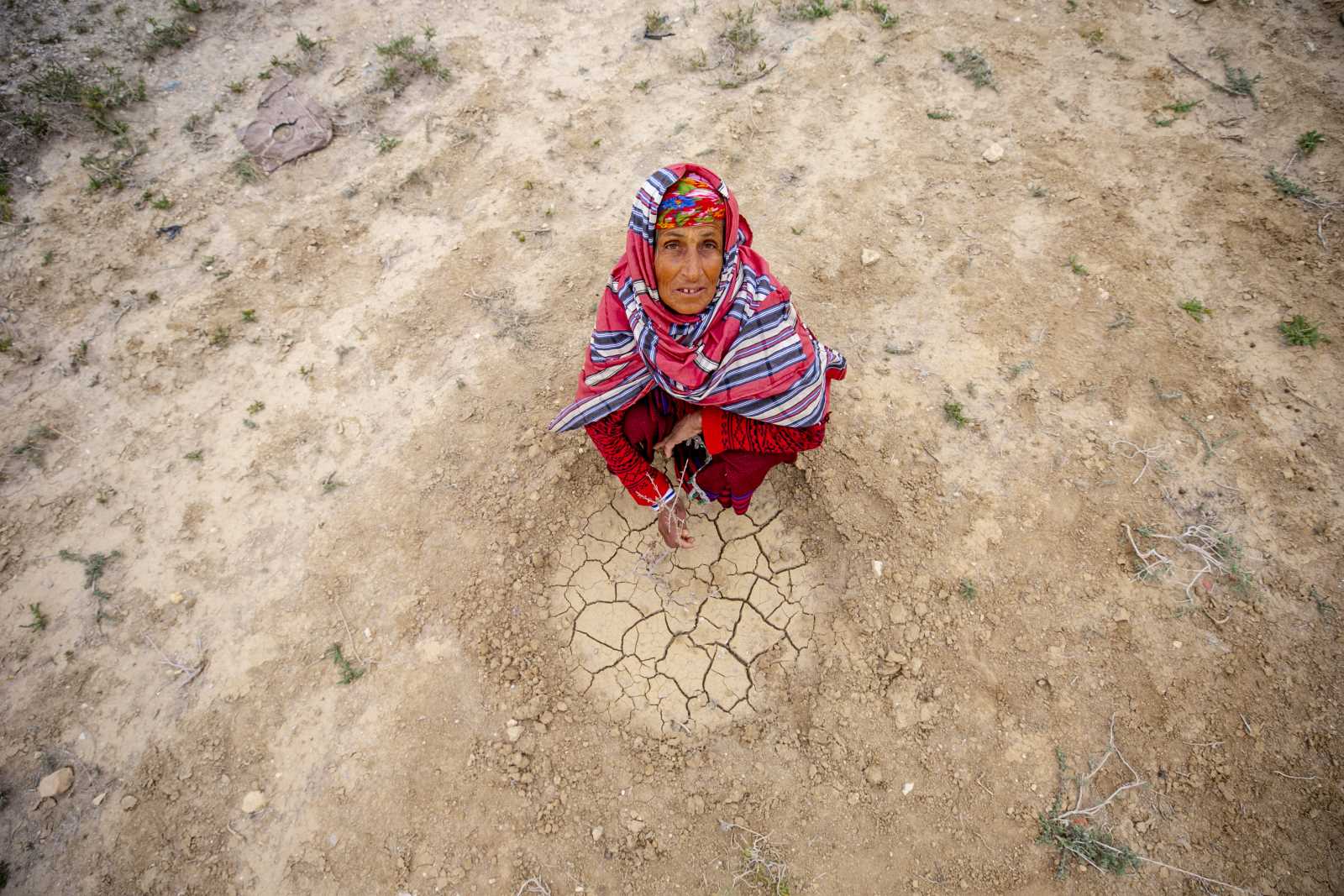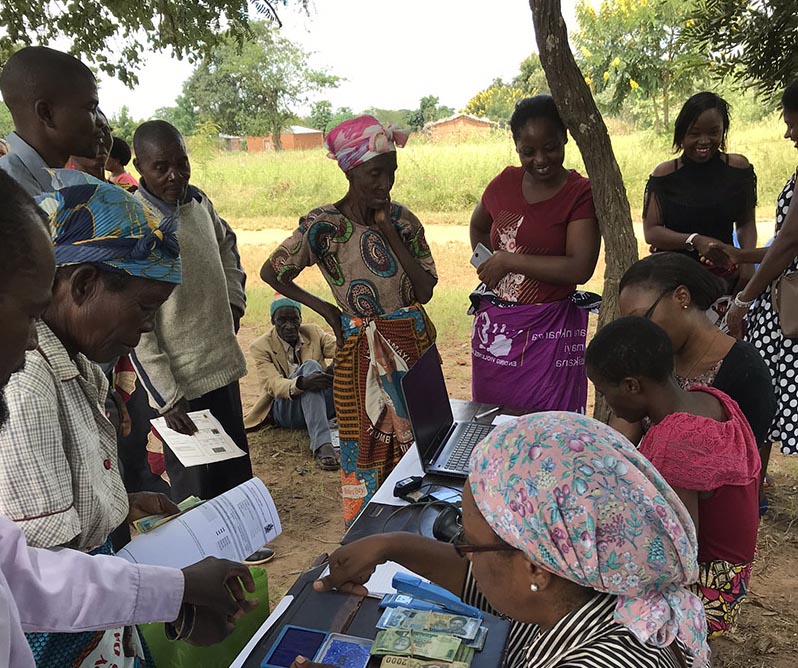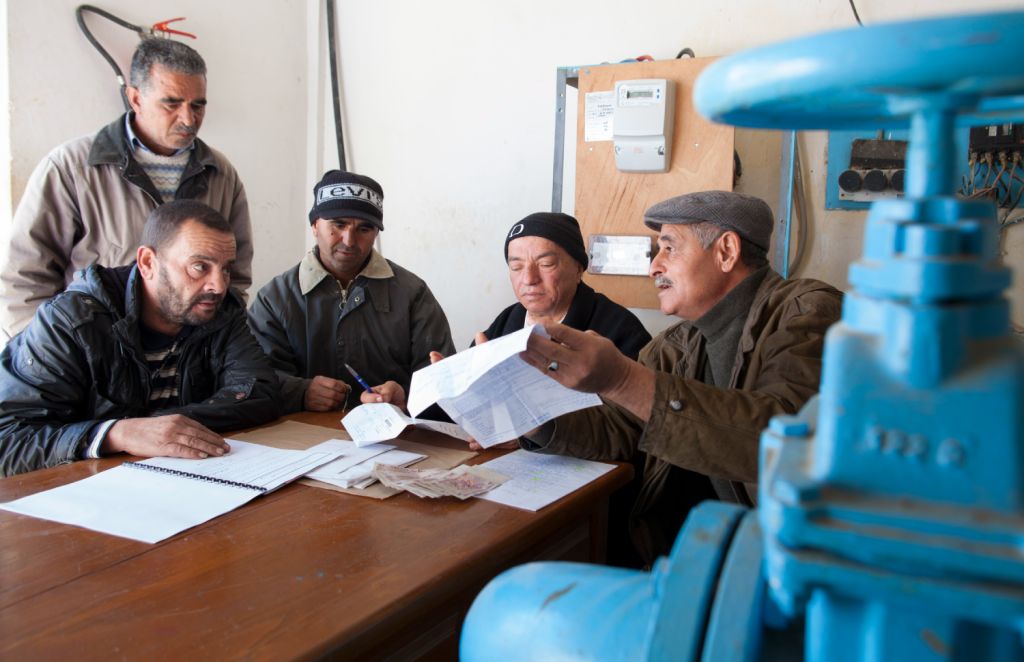Development policy
Too little and too unambitious

The development organisations criticise Germany’s government for not meeting its international obligations. The country still does not spend 0.7 % of its economic output on official development assistance (ODA) and at least 0.2 % of its output on the least developed countries, despite having agreed to these UN goals in 1972. The organisations are demanding from the government a step-by-step plan that shows, in a binding manner, how it will make progress towards its voluntary commitments.
Welthungerhilfe and terre des hommes are also calling for hunger and poverty reduction to be explicitly emphasised. They approve of the special initiative “A World Without Hunger” that was launched by the Federal Ministry for Economic Cooperation and Development (BMZ). They believe it should be made institutionally permanent and that the funding for hunger and poverty reduction should be increased.
Alleviating hunger and poverty requires strong civil-society organisations. In many countries, the space for political and legal action is becoming more and more restricted. The NGOs believe that the German government should tackle this phenomenon of “shrinking spaces” with an interdisciplinary strategy.
The organisations also stress the importance of not subordinating development policy to migration deterrence: development assistance should not be instrumentalised for domestic purposes, and border-security measures should not be categorised as development assistance. “ODA must not be used as a means of exerting political pressure in negotiations about migration and asylum policy”, write the authors of the report.
Welthungerhilfe and terre des hommes feel that Germany’s Africa policy lacks a strong enough partnership component. According to the NGOs, the government must take more concrete steps to align itself with the initiatives and voluntary commitments of the African Union and its Agenda 2063, which should be implemented with German support. The organisations also want the German government to require corporations to ensure that human rights are upheld all along their supply chains.
Another focus of the “Compass” is the impact of violence and war on children: according to the authors, every fifth child worldwide is affected by conflict. In 2017, there were 21,000 known violations of children’s rights as a result of direct violent confrontations. NGOs estimate that between 2005 and 2017, around a quarter of a million children under the age of 18 were forcibly recruited as soldiers. Welthungerhilfe and terre des hommes are calling on Germany to take a leading role in protecting children’s rights. The government should continue and intensify its commitments within the framework of the UN, particularly in its role as current member and temporary president of the UN Security Council.
The NGOs want to see specific initiatives to protect children and the systematic prosecution of serious abuses of children’s rights by state and non-state actors. These efforts would include taking decisive steps against the denial of humanitarian aid to children and against the targeted destruction of vital civilian infrastructure like hospitals, health stations, schools and facilities that provide food and drinking water.
A major problem in conflicts is the availability of weapons, particularly small arms that are easy for children to operate. Germany is one of the five largest exporters of small arms. According to Welthungerhilfe and terre des hommes, the government should completely ban the export of small arms along with their ammunition to conflict regions.
In order to improve the future prospects of children in conflict regions, both NGOs believe that funding for education must be ramped up. That also means making available additional financing for multilateral education funds and investing eight percent of the Federal Foreign Office’s budget for humanitarian aid in the promotion of education.
Link
Kompass 2019 – Zur Wirklichkeit der deutschen Entwicklungspolitik (Compass 2019: The reality of German development policy – only in German):
https://www.welthungerhilfe.de/fileadmin/pictures/publications/de/studies-analysis/2019-Kompass2019-Welthungerhilfe.pdf













